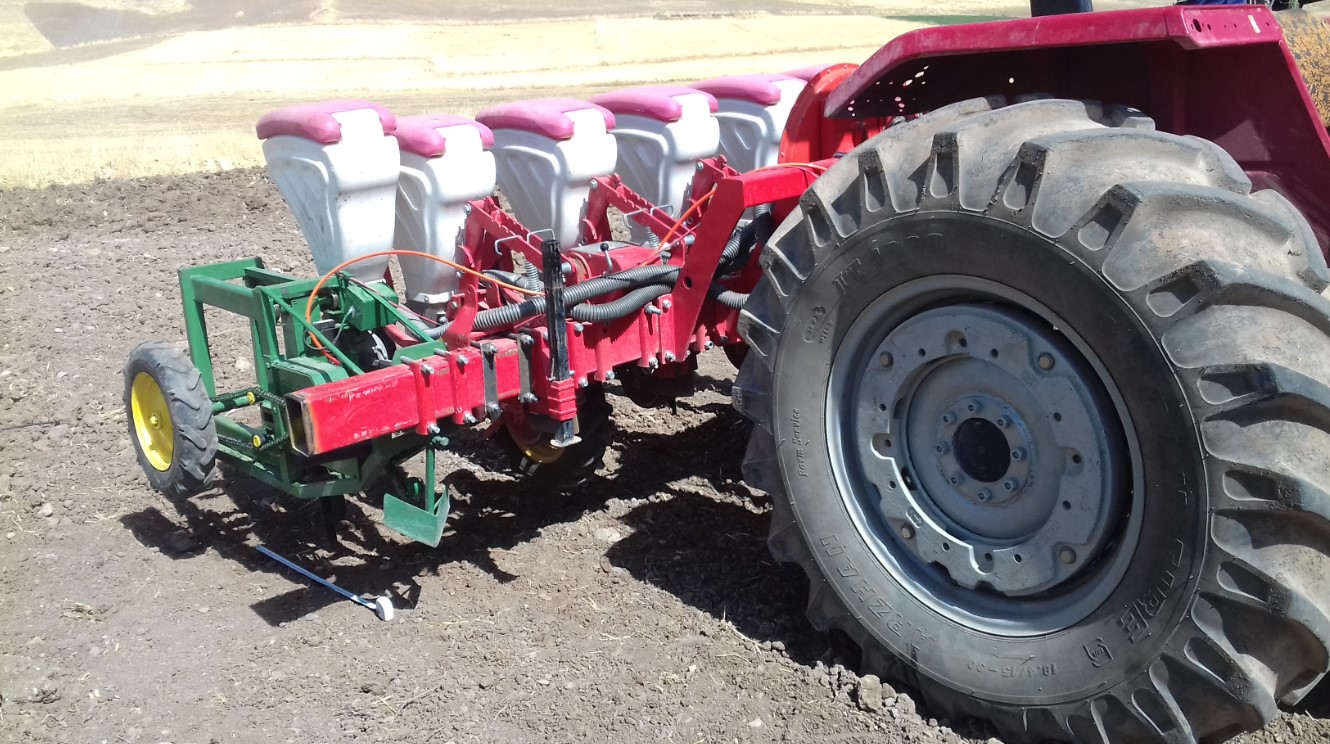
The Department of Biosystems Engineering was established in 2007 at the Faculty of Agriculture, University of Kurdistan, initially under the name "Department of Mechanical Engineering of Agricultural Machinery," admitting students at the bachelor's level. In 2012, the first steps toward developing postgraduate studies and enhancing research activities were taken with the launch of the Master of Science program. Concurrently with extensive curriculum revisions in related fields, the department's name was changed to "Biosystems Engineering" in 2013. In 2025, the department expanded its academic and research activities to the highest level of higher education by admitting students to its Ph.D. program.
Currently, the department offers Bachelor of Science programs in "Biosystems Mechanical Engineering" and "Food Industry Machinery Engineering." At the Master of Science level, it offers "Biosystems Mechanical Engineering" with specializations in "Design of Agricultural Machinery," "Post-Harvest Technology," and "Renewable Energies." At the doctoral level, the department admits students in the "Post-Harvest Technology" specialization. The department's mid-term goals include expanding the Ph.D. program to include specializations in "Design and Manufacturing" and "Renewable Energies," as well as recruiting international students for its undergraduate and graduate programs. The department currently comprises 9 faculty members, 20 M.Sc. students, and 250 B.Sc. students, and is equipped with six active research laboratories and five educational workshops.
The research objectives of the Department of Biosystems Engineering are focused on the integration and development of new engineering technologies in the agricultural sector. The primary goal is to empower farmers to achieve sustainable agriculture in rural areas. Another key objective is to train specialists in designing and optimizing agricultural machinery, developing precision agriculture, designing and implementing renewable energy systems, advancing post-harvest technologies, and applying biological processes and sensors in agricultural, horticultural, and livestock systems. Research areas include the design and manufacture of agricultural machinery, the adaptation of post-harvest technologies for the food industry, and the application of renewable energies in rural areas. A curriculum incorporating courses in mechanics, electricity, computer science, and food engineering is offered to prepare students for careers in relevant industries.
Currently, the department offers Bachelor of Science programs in "Biosystems Mechanical Engineering" and "Food Industry Machinery Engineering." At the Master of Science level, it offers "Biosystems Mechanical Engineering" with specializations in "Design of Agricultural Machinery," "Post-Harvest Technology," and "Renewable Energies." At the doctoral level, the department admits students in the "Post-Harvest Technology" specialization. The department's mid-term goals include expanding the Ph.D. program to include specializations in "Design and Manufacturing" and "Renewable Energies," as well as recruiting international students for its undergraduate and graduate programs. The department currently comprises 9 faculty members, 20 M.Sc. students, and 250 B.Sc. students, and is equipped with six active research laboratories and five educational workshops.
The research objectives of the Department of Biosystems Engineering are focused on the integration and development of new engineering technologies in the agricultural sector. The primary goal is to empower farmers to achieve sustainable agriculture in rural areas. Another key objective is to train specialists in designing and optimizing agricultural machinery, developing precision agriculture, designing and implementing renewable energy systems, advancing post-harvest technologies, and applying biological processes and sensors in agricultural, horticultural, and livestock systems. Research areas include the design and manufacture of agricultural machinery, the adaptation of post-harvest technologies for the food industry, and the application of renewable energies in rural areas. A curriculum incorporating courses in mechanics, electricity, computer science, and food engineering is offered to prepare students for careers in relevant industries.















